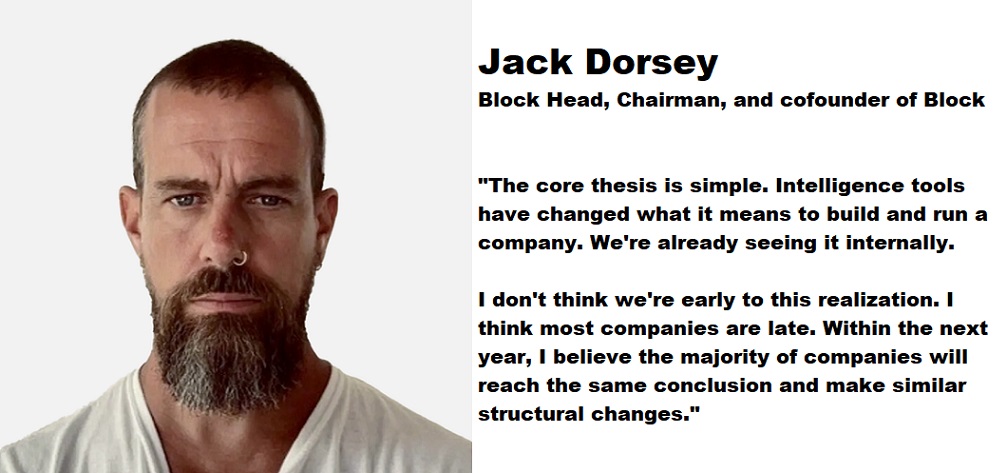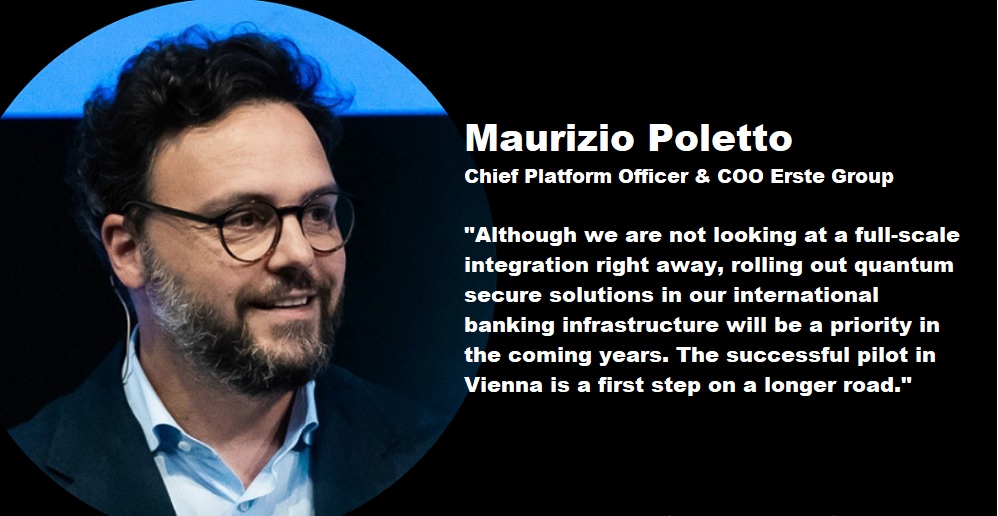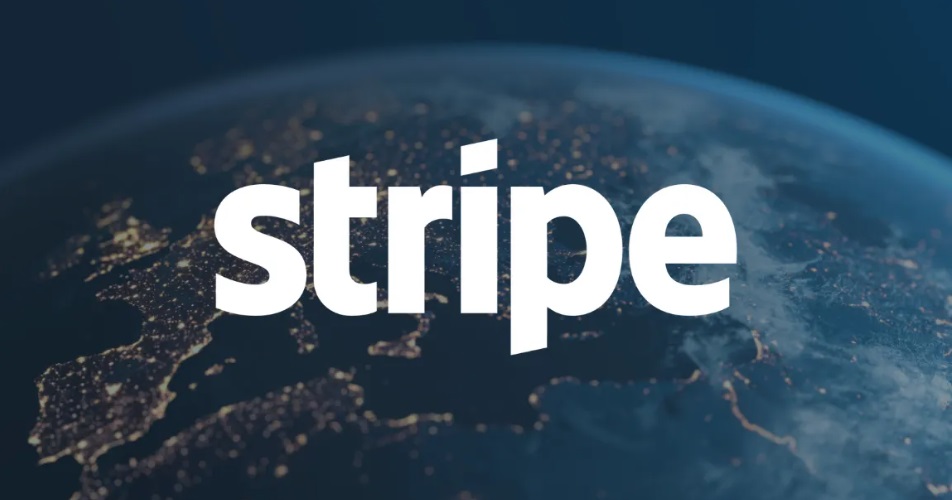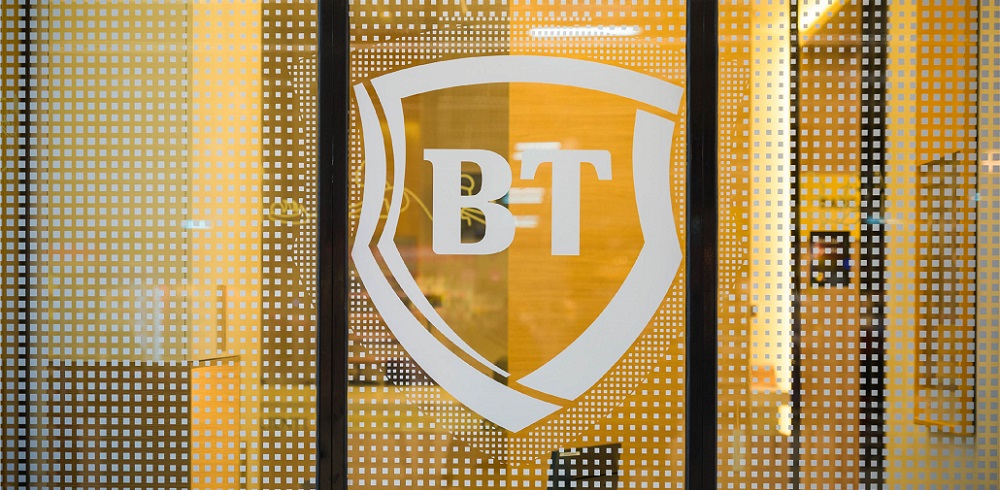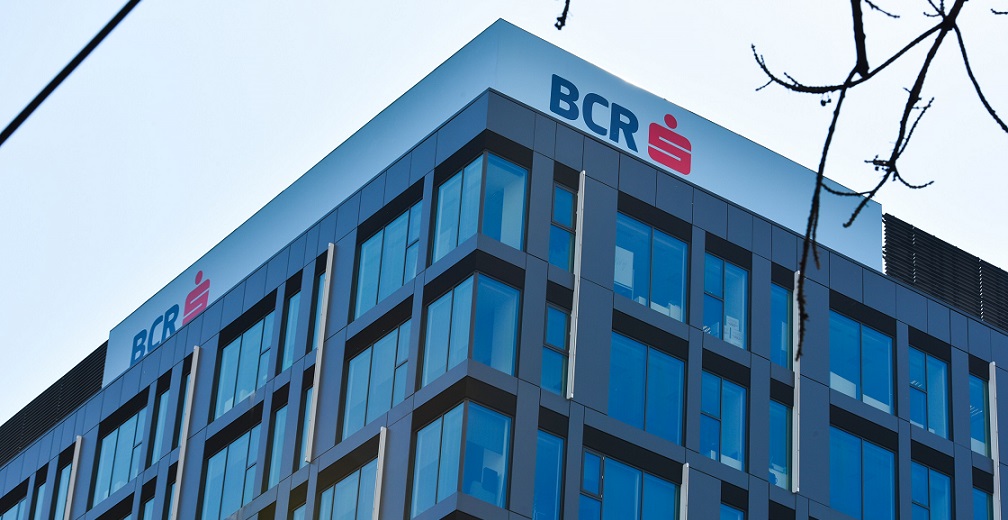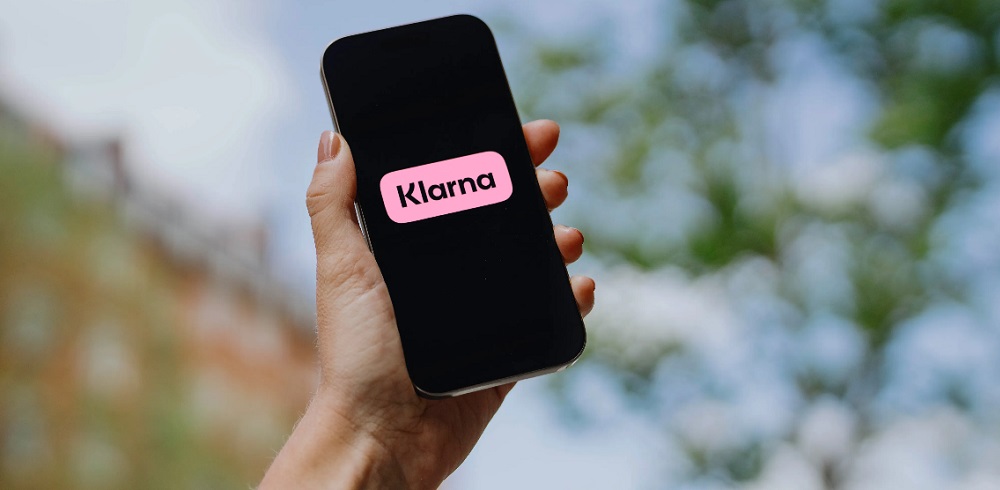How customers will choose which mobile wallet to go for: based on the type of secure element used or the brand they feel most comfortable with?
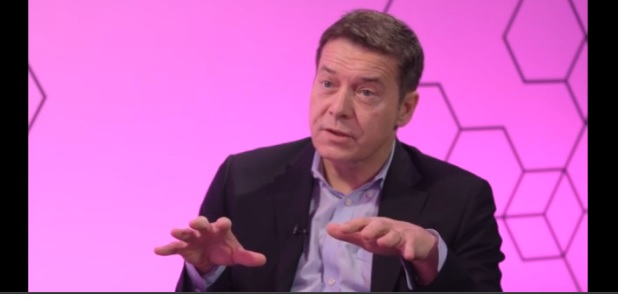
In a video interview, Bill Gajda (photo), global head of mobile product at Visa says that customers are unlikely to choose which mobile wallet to go for based on the type of secure element used. “The consumer will go with the brand they feel most comfortable with, whether that’s the bank, mobile operator, an operating system or device manufacturer.”
Visa exec, claimed tokenisation will help the industry “push forward with mobile payments”. He pointed out that Apple Pay already uses Visa’s tokenisation solution, as will Samsung Pay when it launches later this year.
“It adds another level of security,” he told Mobile World Live in a recent interview.
Visa launched tokenisation at last year’s Mobile World Congress. By substituting payment account information found on a plastic card with a series of numbers that can be used to authorise payment, customer data can be protected. When consumers use their mobile device to make a contactless payment in a store, a token is submitted, rather than the account details.
Gajda does not envisage industry consensus around which type of secure element will win out for mobile payments, but said tokenisation can work with different approaches.
“I think we’re going to see mobile payments with a broad range of secure elements,” he said, referencing the SIM card (favoured by mobile operators), an embedded secure element (used by iPhone 6), a software-based secure element (to be deployed by Samsung Pay), and secure elements in the cloud, such as host card emulation, which Android announced a year ago.
“We’re going to see all of these rolled out, depending on who is supporting the mobile wallet,” said Gajda.
Visa is heavily involved with both Apple Pay and Samsung Pay, but Gajda made special mention of MST (Magnetic Secure Transmission) technology that Samsung Pay will deploy. Last month, Samsung fully acquired LoopPay, which developed MST, and in which Visa was a co-investor along with Samsung.
“We have been working closely with Samsung over the past several months to mature [MST], get it embedded in the Samsung device, and help them as it relates to payments,” said Gajda. “The advantage of MST, at least in some markets like the US where there’s limited NFC acceptance, is that you’ll be able to use Samsung Pay almost everywhere you can use a Visa card today.”
Dariusz Mazurkiewicz – CEO at BLIK Polish Payment Standard
Banking 4.0 – „how was the experience for you”
„To be honest I think that Sinaia, your conference, is much better then Davos.”
Many more interesting quotes in the video below:
